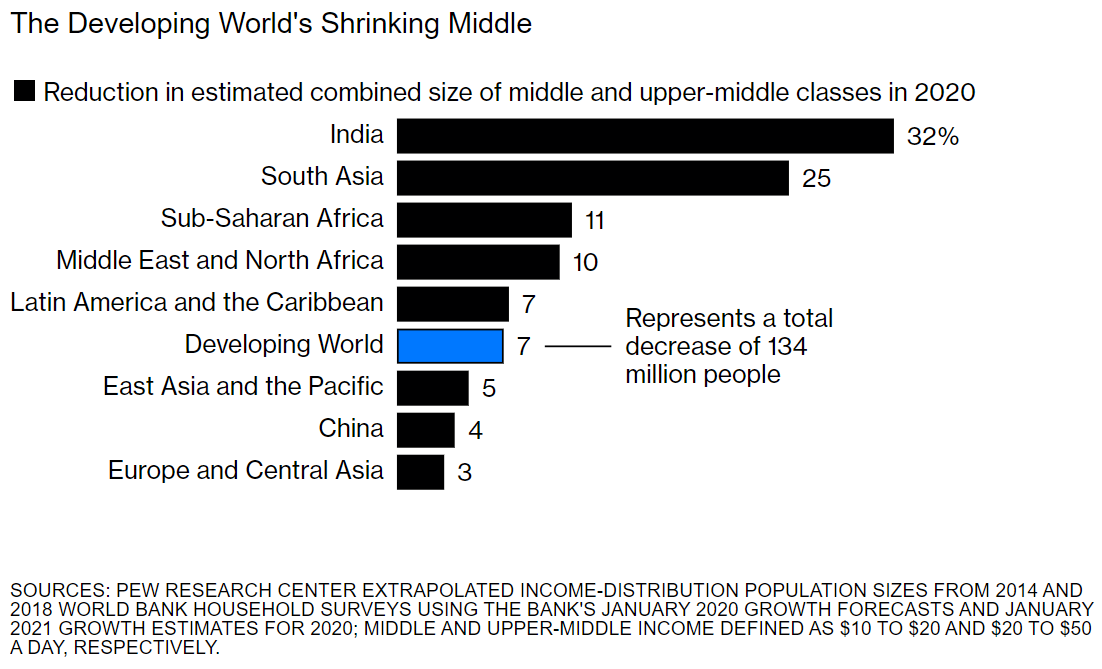Swarms of ships in Julian Felipe Reef
'Stop acting like colonizer'. The headline this morning in the newspaper was bold. It was a message intended for China from some Filipino business groups. The business men even dug up a quote of Deng Xiaoping from 1974 warning his country not to act like an aggressive superpower or bully.
The soundbite is the culmination in an ongoing discussion about the claims of China and the Philippines on some islands and reefs in the South China Sea. It's a quarrel that exists since the nineties, and earlier. But the past months a new chapter was written.
It started with pictures taken by the Filipino army of some two hundred Chinese vessels in the Julian Felipe Reef, part of the Filipino economic exclusive zone and its continental shelf. International maritime law says that the Philippines enjoys in that zone the exclusive right to exploit or conserve any resources, living and non-living.
The pictures were dated March 7, 2021, but were published March 20. China said the flotilla was looking for some refuge in the Union Banks from the bad weather. But some of the ships are, one month later, still in the vicinity of the reef.
The dispute is a minefield. The Chinese vessels are fishing in the reefs and harvesting huge clams. But, some say, the Chinese are emptying the sea, chasing small Filipino fishing crews away and occupying the reefs. Others, among them the Philippine government, don't want to go against China because of all kinds of other interests. They hope it will pass.
Air strips, buildings, wind turbines
What is happening in the South China Sea appeals to the imagination. China is building all kind of installations on the islands and reefs, and are presenting the nations from South East Asia with a fait accompli.
The Filipino newscaster ABS-CBN, for instance, checked what is happening in the waters around the Union Banks. The videos and photos are intriguing. Airports, radars and buildings with different floors have been build. There are even wind turbines! And the huge 'fishing' ships are being escorted by military ships and the Chinese coast guard.
The Filipino may claim the territory, but it is clear from the videos that China owns the islands and reefs.

 An aerial view of Metro Manila
An aerial view of Metro Manila